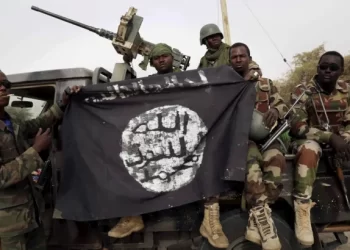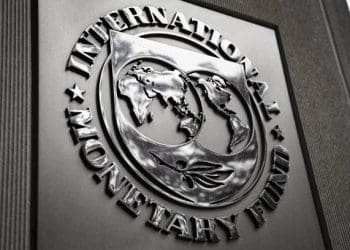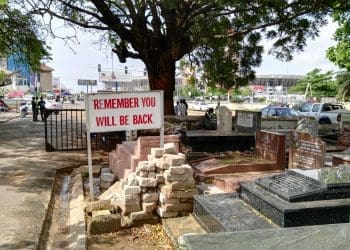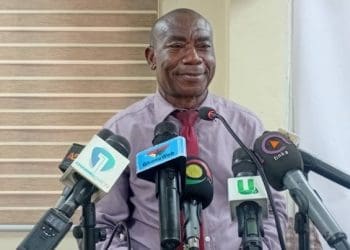A community tragedy has struck along the White Volta River after several residents of Gbenyiri in the Savannah Region reportedly drowned while attempting to flee escalating conflict in the area.
According to local sources, violence erupted in Gbenyiri, forcing terrified families to abandon their homes in search of safety. With few escape routes available, many turned to the White Volta River, hoping to cross to nearby communities.
Eyewitnesses say overloaded canoes capsized during the frantic crossings, leading to multiple fatalities.
Though the exact number of casualties has yet to be confirmed, community members described the losses as devastating, with women and children among the victims.
Security officials have since been deployed to restore calm in Gbenyiri and its surrounding settlements. The National Disaster Management Organisation (NADMO) is also working with local authorities to retrieve bodies and assist survivors.
According to the Savannah Regional Director of the National Disaster Management Organisation (NADMO), Mahama Zakaria, six passengers were rescued while several others remain unaccounted for.
“Our immediate concern is to save lives and recover those still missing,” Zakaria explained.
Community leaders have raised concerns over escalating communal hostilities in Gbenteng (Gbeniyiri) and surrounding communities in the Sawla-Kalba-Tuna District of the Savannah Region, urging swift intervention to restore peace and protect lives.
The clashes, reportedly triggered by a land dispute in Gbenteng, have spiralled into violent confrontations marked by armed attacks, burning of homes, and killings.
As of Sunday, August 24, 2025, at least five lives had been lost, several people injured, and properties destroyed, leaving families—particularly women and children—vulnerable and displaced.
They are calling on the government to urgently intervene, both to resolve the conflict and to provide humanitarian support for displaced families.
The incident underscores the growing humanitarian toll of recurring clashes in parts of northern Ghana, where disputes over land, chieftaincy, and resources have repeatedly displaced vulnerable communities.












